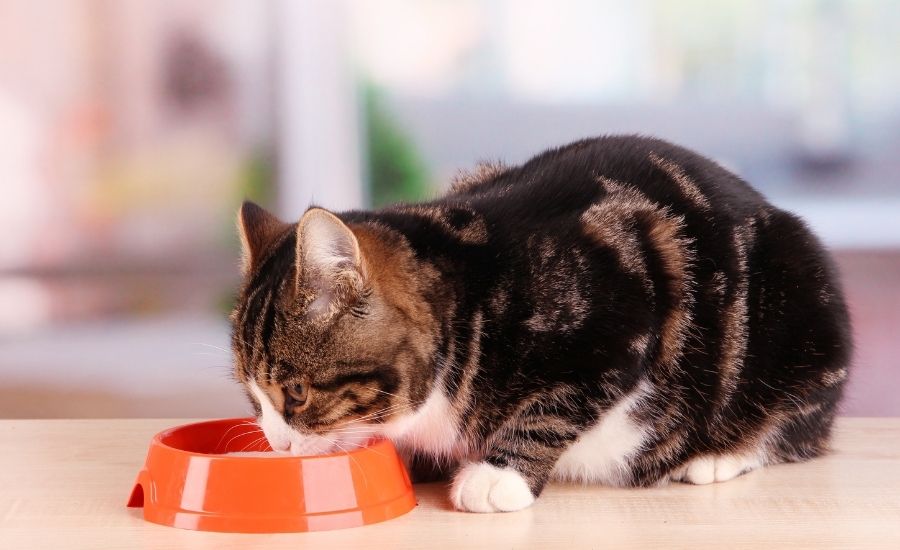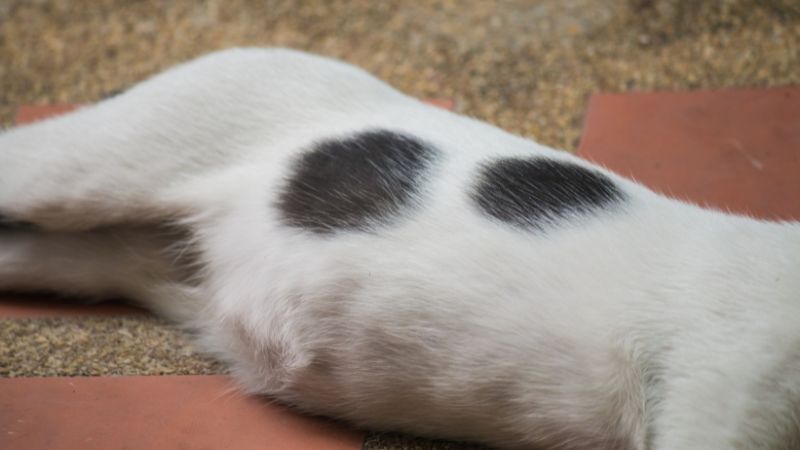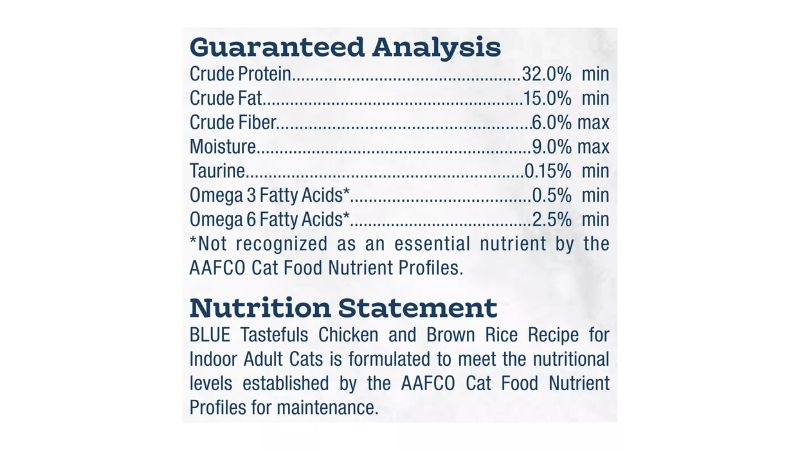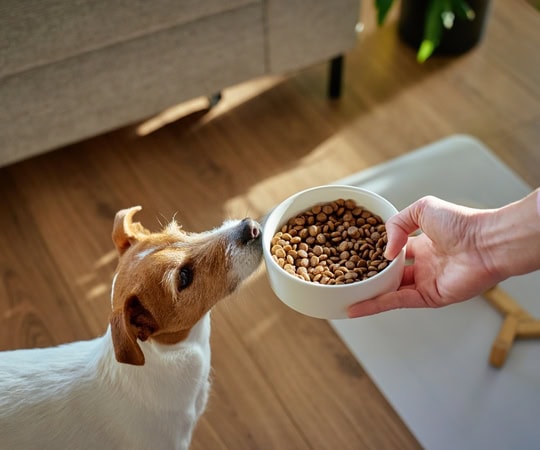
If your cat has a sensitive stomach and often vomits after eating, choosing the right food can make a big difference in their comfort and health. The best food for your cat’s sensitive stomach is easily digestible and gentle on the stomach. Keep reading to better feline digestive sensitivity and discover how to select the best food.
Understanding Cat’s Sensitive Stomach
Cats with sensitive stomachs may experience digestive issues like vomiting and diarrhea. Recognizing the signs and understanding the causes can help you support your pet’s health and comfort.
How to Tell a Sensitive Stomach?
If your cat shows these signs, it might have a sensitive stomach:
- Eat less or seem less interested in food
- Vomiting after meals
- Diarrhea or frequent, soft stools
- Extra gassy
- Signs of abdominal discomfort such as protecting the belly or unwilling to be picked up

Tracking your cat’s eating and bathroom habits. If you notice sudden changes, contact your vet promptly for advice.
Causes
Several factors can upset a cat’s digestive system, leading to stomach sensitivity. Food allergies or food intolerances are a top cause. Pay more attention to food sensitivities. Beef, fish, chicken, and dairy products are the most common food allergies for cats.
Other possible reasons include:
- Sudden diet changes or eating spoiled food
- Stress or anxiety in the pet’s environment
- Underlying health conditions such as inflammatory bowel disease, parasites, or infections
- Aging, which can make digestion less efficient
- Excessive hairballs
Finding the cause often requires a process of elimination with help from your vet. Adjusting food diet and managing stress can reduce digestive troubles in cats. Sometimes, prescription diets are recommended for long-term management.
How to Choose the Best Sensitive Stomach Cat Food?
When your cat has a sensitive stomach, picking the right pet food can make a real difference. Read on to learn about how to choose the right food to help your cat’s digestive system.
Key Nutrients
When choosing sensitive stomach food for your cat, always check the nutritional label.

Select formulas with easy-to-digest animal proteins like chicken or turkey as the main ingredient. Stay away from irritating fillers such as corn, soy, and by-products. Make sure that nutrients are complete and balanced.
Here’s a quick checklist:
| Nutrient | Why It’s Important |
|---|---|
| Animal Protein | Builds and repairs muscles, easy on the stomach |
| Fiber (Pumpkin) | Supports digestion |
| Taurine | Heart and eye health |
| Omega-3 Fatty Acids | Reduces inflammation |
Limited Ingredient Diets
A limited ingredient diet (LID) uses fewer components to ease digestion. By minimizing potential irritants, LID food helps identify what triggers gastrointestinal issues.
Here’s what to look for in LID cat food:
- One named animal protein (like duck or salmon)
- One simple carbohydrate (such as sweet potatoes)
- Clear ingredient lists
- No artificial additives
- Minimal flavorings
Hypoallergenic Options
Hypoallergenic food is made to avoid common allergens that may upset sensitive stomachs, helping to soothe sensitive digestive systems. These diets typically feature:
- Novel protein sources (rabbit, venison, or duck)
Reduces the risk of triggering existing food allergies
- Hydrolyzed proteins
Broken-down proteins that bypass immune responses
Important Notes:
✓ Always verify ingredient sources on labels
✓ Consult your veterinarian before dietary changes
✓ Particularly crucial for cats with severe allergy histories
Hydration
Cats often do not drink enough water, which can lead to constipation, dry stools, or more vomiting. Moisture content and proper hydration is vital for cats with stomach issues.
Wet cat food adds moisture to your cat’s diet and is often easier to digest than dry kibble. Choose sensitive stomach food in wet or pate forms if your cat struggles with drinking water. You can also add water or broth to dry food to increase fluid intake. Make sure your cat has fresh, clean water available at all times.
For extra hydration support:
- Position water bowls in different areas of your home
- Use a water fountain to encourage more drinking
- Always provide fresh, filtered water
- Monitor water intake daily
Top Cat Food Types and Brands for Sensitive Stomachs
Some foods for sensitive stomach cats are made to be easier on your cat’s stomach. These foods use special ingredients, and many come from trusted brands. Picking the right food is important to help your cat eat comfortably and avoid digestive problems.
Dry Food vs. Wet Food
- Dry cat food for sensitive stomachs is convenient and helps cats keep their teeth clean. Brands such as Purina ONE Sensitive Stomach, Nutro Wholesome Essentials, and Hill’s Science Diet Sensitive Stomach are popular choices. These formulas usually avoid common fillers and include added fibers for digestion.
- Wet cat food often contains fewer preservatives and more moisture, which helps prevent dehydration and may be gentler on your cat’s stomach. Blue Buffalo True Solutions and Royal Canin Digest Sensitive Gravy make wet options designed to reduce vomiting. If your cat refuses dry food or has trouble chewing, wet food may be best.
For some cats, mixing wet and dry food can give the benefits of both types. Always choose products with high-quality ingredients and clear labeling of cat food for a sensitive stomach.
For Kittens vs. For Seniors
- Kittens with sensitive stomachs need food that’s easy to digest and rich in protein for growth. Look for brands that use chicken or turkey as main ingredients and avoid harsh fillers. Some companies make specific “kitten sensitive” recipes, such as Wellness CORE Digestive Health Kitten formula.
- Senior cats are more likely to have digestion issues, so food should contain prebiotics and limited ingredients. Merrick Purrfect Bistro Senior and Blue Buffalo Tastefuls provide options with gentle proteins and extra omega-6 fatty acids for older cats. Small kibble or pate-style wet foods help those with dental challenges.
Both age groups need food adapted to their stage of life, so read labels for age-specific guidance and consult with your vet if your cat has stomach problems.
Your Other Considerations When Selecting Cat Food
Packaging Verification
- Check expiration dates and storage instructions
- Look for intact, airtight packaging to ensure freshness
- Verify batch codes for quality tracking
Production Quality
Choose brands with:
- Strict manufacturing protocols
- Regular facility inspections
- Quality certifications (e.g., AAFCO, FDA-approved)
- Prefer companies with veterinary nutritionists on staff
Frequently Asked Questions
What are the signs that a cat might be suffering from digestive problems due to their diet?
Frequent vomiting, diarrhea, weight loss, and changes in appetite can signal digestive problems linked to diet. Some cats may also have dull coats or seem less active. If symptoms occur often after meals, diet could be a factor.
Are there specific ingredients to look for in best cat food for sensitive stomachs?
Foods with high-quality animal protein, such as chicken or turkey, are usually easier for cats to digest. Avoid foods with artificial preservatives, coloring, and fillers. Simple ingredient lists and grain-free options can help some sensitive cats. Added fiber, like beet pulp, may help improve stool quality.
What dietary changes can be made to help a cat with a sensitive stomach and diarrhea?
Switching to a bland diet may calm the stomach during flare-ups. You can also try a new cat food that is labeled for sensitive stomachs. Offering smaller, more frequent meals can also reduce stress on the digestive system. Always change foods gradually to avoid more stomach upset.



